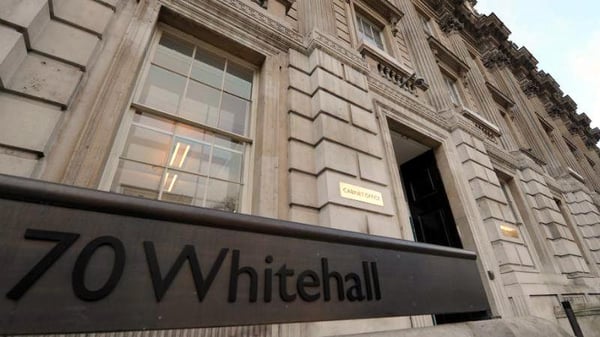The Home Office has announced the nationwide rollout of 10 new Live Facial Recognition (LFR) vans, as it continues to expand of technology-driven policing in England and Wales. The move is aimed at helping police track down high-harm criminals, including sex offenders and suspects in serious violent crimes, using targeted, intelligence-led deployments..jpg?width=400&height=225&name=Untitled%20design%20(40).jpg)
The mobile units, set to be distributed in the coming weeks, will be assigned to police forces in Greater Manchester, West Yorkshire, Bedfordshire, Surrey and Sussex (jointly), and Thames Valley and Hampshire (jointly). The rollout will be coordinated by the National Police Chiefs’ Council (NPCC) and South Wales Police, with individual forces determining when and where to use them under strict guidelines.
According to the Home Office, each LFR deployment will operate under the College of Policing’s guidance, which limits checks to live images compared only against police watchlists of wanted criminals, suspects, or those subject to bail or court orders. These watchlists are tailored for each operation, with oversight to ensure deployments remain “proportionate, lawful, and necessary.”
Home Secretary Yvette Cooper said the technology would be “used in a targeted way to identify sex offenders or people wanted for the most serious crimes who the police have not been able to find,” adding that a new legal framework is in development to provide “proper safeguards and checks.”
The vans use an algorithm that has been independently tested by the National Physical Laboratory for accuracy and potential bias. The Home Office says the tests found no bias based on ethnicity, age, or gender at the settings used by police. Trained officers will verify all matches before any action is taken.
Police forces already using LFR, such as the Metropolitan Police and South Wales Police, have reported strong results. The Met recorded 580 arrests in a year through LFR, including for rape, domestic abuse, knife crime, and robbery. South Wales Police, a long-standing leader in the technology’s deployment, reported no false alerts since August 2019.
Lindsey Chiswick, NPCC’s lead for facial recognition, described the expansion as “an excellent opportunity for policing,” stressing that every use will be “intelligence-led, within a set geographical location and for a defined period of time.”
The technology’s applications extend beyond crime detection. It has been deployed to maintain security at major public events, helping police quickly identify individuals on watchlists in crowded environments. However, its use has drawn scrutiny from privacy advocates concerned about mass surveillance and civil liberties.
To address public concerns, the government will launch a consultation in the autumn on when and how the technology should be used, as well as the safeguards and oversight needed. The findings will inform the creation of a formal legal framework governing LFR.

.jpg?width=400&height=225&name=Untitled%20design%20(40).jpg)




.jpg?width=600&name=Untitled%20design%20(48).jpg)